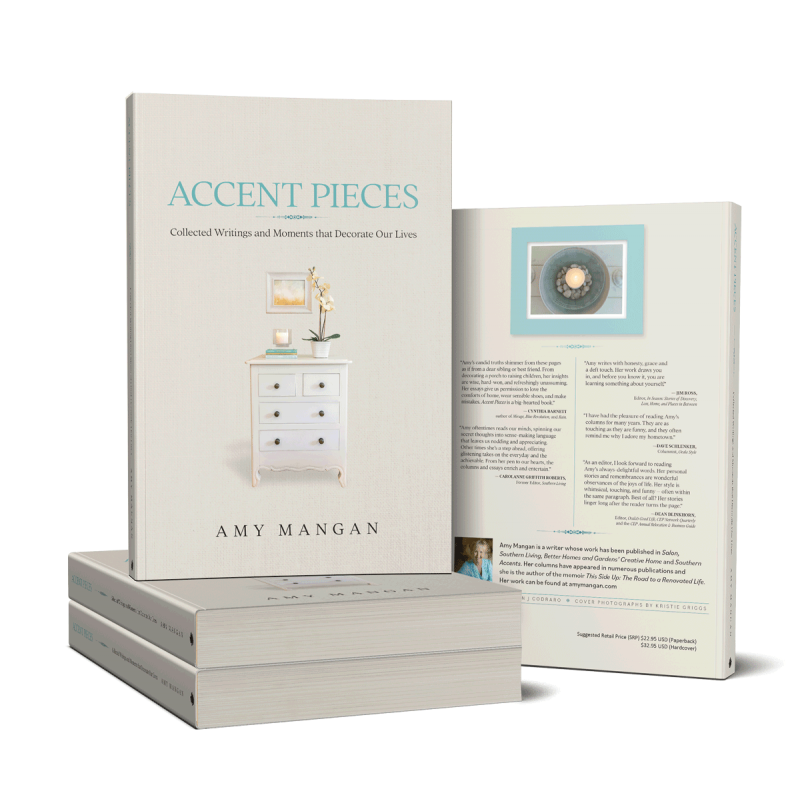Everyone’s suicide story is both unique and similar. Mine is no different.
My brother-in-law ended his life and, as such, moved my family from the known to the unknowable. In an instant, my sister, her young children, my parents, my other sisters and I were catapulted into a life not of our choosing. I don’t profess to know the half of it. I was 17 years old when it happened. We all did our best to fill in the cracks, yet, 36 years later, we still trip into emotional quicksand.
You have a story, I bet. So does your neighbor. Your co-worker. Your best friend. Someone you knew of who found the weight of the world too heavy and made a choice that seemed like the only option.
I should tell you this is not a column about suicide prevention. Rather — and hear me out — I’d like to explore the notion of acceptance. Goodness knows, I’d give anything to have my brother-in-law back. And others who’ve left. My grad school friend. My dear girlfriend’s husband. Robin Williams. Anthony Bourdain. Kate Spade.
Through the years, I saw the toll our loss took on my family. The birthdays, anniversaries and graduations that never were. He wasn’t there.
For many years, we fell into the “I wishes.” I wish we’d have done better in finding professional help in the shadow of the stigma — a Vietnam veteran with post-traumatic stress. Resources and receptiveness for his condition were limited. I wish we could’ve have told him more emphatically how loved he was, how his creative energy inspired us all. He had a vineyard in Ocala just for the fun of it. Who does that? He did. And he played the banjo with a smile that melted you.
I wish he knew that. Maybe he did? Thus, we fell down an endless rabbit hole.
Acceptance was harder to swallow. It happened. But his absence haunted us for years. Acceptance of what happened would never bring him back. But it might just have saved a part of us that we lost in the maelstrom of trying to figure out what could have been done to prevent it. As I write this, I find myself hesitant to go deeper, afraid to reopen the wound out of sensitivity to those closer to the eternal fire than I. Grief has no shelf life.
So much is written about lessons of life. Here’s the lesson I learned: Sometimes you look so hard for meaning, for a reason why, that you miss the who. Who is left in the shadow of the coda? Who could use someone to just show up? Again. And again, long after the loss. Long after others return to their corner of life that, for many, seems infinitely rich and normal and forever unattainable.
The day before my brother-in-law’s funeral, a friend brought my sister a gift of the most beautiful silk blouse. It fit her perfectly, framing her shoulders rounded by circumstance and pain. Yet there are moments since that my sister wears this blouse, almost 40 years later, and, to me, is at her most whole. A piece of clothing chosen with intention and care.
Writer Anna Quindlen said of her mother’s early death that when someone asks when the hurt stops, she always replies, “If it ever does, I will let you know.”
And until it does, let’s give what we can to those who are hurting — love.




